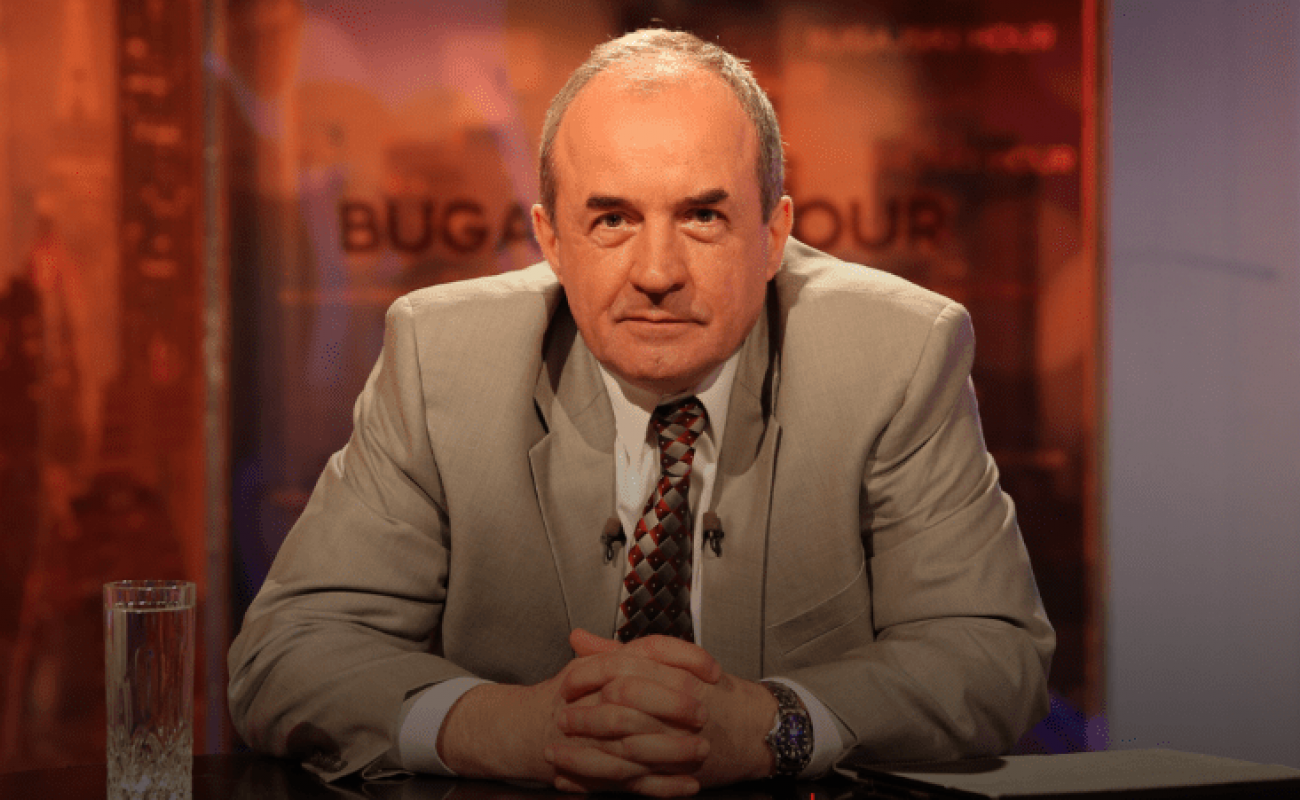NATO prepares for war with Russia

Lord Hastings Ismay, NATO’s first Secretary General in the early 1950s,famously stated that the primary goal of the Alliance was to “Keep the United States in, Germany down, and Russia out.” In the light of current developments, his statement must be updated to: “Raise Germany up,maintain the US engaged, and defeat Russia.”
These three principlesnow present the most important challenges for NATO.Germany was kept down during the Cold War because of its genocidal policies during World War Two. The U.S. and its wartime allies occupied Germany as a guarantee that the country would not revive its political extremism and military expansionism. Paradoxically, since Russia’s re-imperialization after Putin’s rise to power, Germany’s allies have consistently complained about Berlin’s low defense spending, inadequate armed forces, and pacificist mentality. Berlin was also criticized by Poland and other eastern neighbors for appeasing Russia by buying its energy, developing business relations, and believing that Russia was no longer an imperial threat.
Afterthe West’s victory in the Cold War, fears of German rearmament dissipated. The country had become a consolidated democracy and essential member of the EU and presented no military threat to its neighbors. Germany now has a chance to become a constructive force by substantially contributing to European security. Berlin’s military expenditures climbed to $88.5 billion in 2024, making it the world’s fourth-largest military spender and the highest in Western Europe for the first time since its reunification. The surge in spending was enabled by a $105 billion extra-budgetary fund established in 2022.The new ChancellorFriedrich Merz is committed to a strong German military to help counter Russian expansionism, and Defense Minister Boris Pistorius assertedthat Berlin needs to add 60,000 active-duty soldiers to its current strength of 182,000 to meet NATO’s objectives.
Regarding the second NATO principle, Europeanallies are determined to maintain American engagement in Europe’s defense. They understand that Europe is not currently prepared without the U.S. to withstand a prolonged Russian attack.Several countries have sent their leaders to the White House to convince President Trump not to abandon the Alliance and demonstrate that they are committed to substantially boosting defense spending in line with U.S. demands.At the Hague Summit on June 24-26, NATO leaders are expected to agree to raise spending to 5% of GDP (Gross Domestic Product) over the coming five years, including 3.5% on purely military expenditures and 1.5% for defense-related items. Defense ministers have already agreed to significantly increase land forces, air defenses, and long-range capabilities through a 30% boost in new military equipment.
NATO’s third principle is to keep imperial Russia out of a democratic Europe, and in effect to defeat the Russian military. This means increasing arms supplies to Ukraine and developing military production facilities with Kyiv in order to thwart Russia’s conquest and undercut its capacity to rearm and threaten the rest of Europe.In July 2023, NATO allies agreed at the Vilnius Summit on new regional plans to defend against a Russian offensive and have been working since then to determine the precise requirements for military equipment and manpower.
Intelligence and military officials in several countries are now sounding the alarm bell that NATO members must fully prepare for war. According to Germany’s General Carsten Breuer, Inspector General of the Bundeswehr, NATO members need to plan for a Russian attack within the next four years. Moscowisevidently producing about 1,500 battle tanks a year, some of which could be used for an offensive against one of the Baltic states by 2029. Europe’s military industrial base must substantially ratchet up its production to match that of Russia.Dutch Admiral Rob Bauer, chief of NATO’s military committee, has warned that the Alliance must “expect the unexpected” and prepare for a Russian attack. A report by Germany’s Federal Intelligence Service (BND) states that Russia could be fully ready for a “large-scale conventional war” by 2030. The Danish Defense Intelligence Service (DDIS) hasalso asserted that Moscow could be ready to wage a “large-scale war” in Europe within the next five years.
All these warnings point toan obvious conclusion – defeating Russia in Ukraine by boosting Kyiv’s military capabilitiesis a prerequisite for keeping Russia out of Europe, and this is in line with NATO’s founding principles.
Janusz Bugajski is a Senior Fellow at the Jamestown Foundation in Washington DC and author of three new books: Pivotal Poland: Europe’s Rising Power, Failed State: A Guide to Russia’s Rupture, and Free Nations, New States: The End Stage of Russian Colonialism(Anthology)
